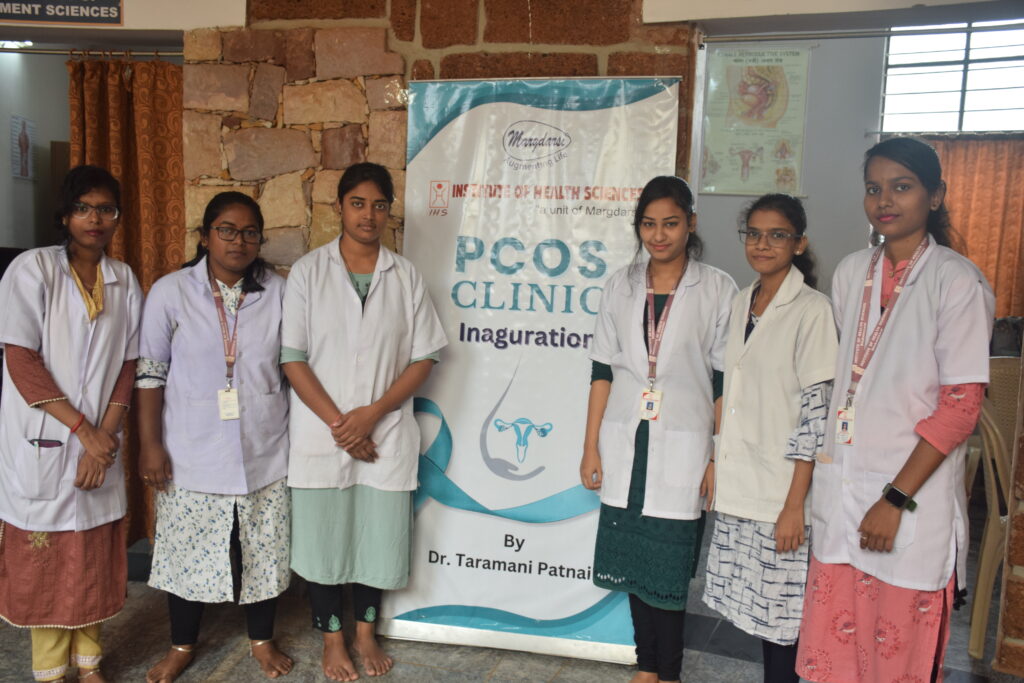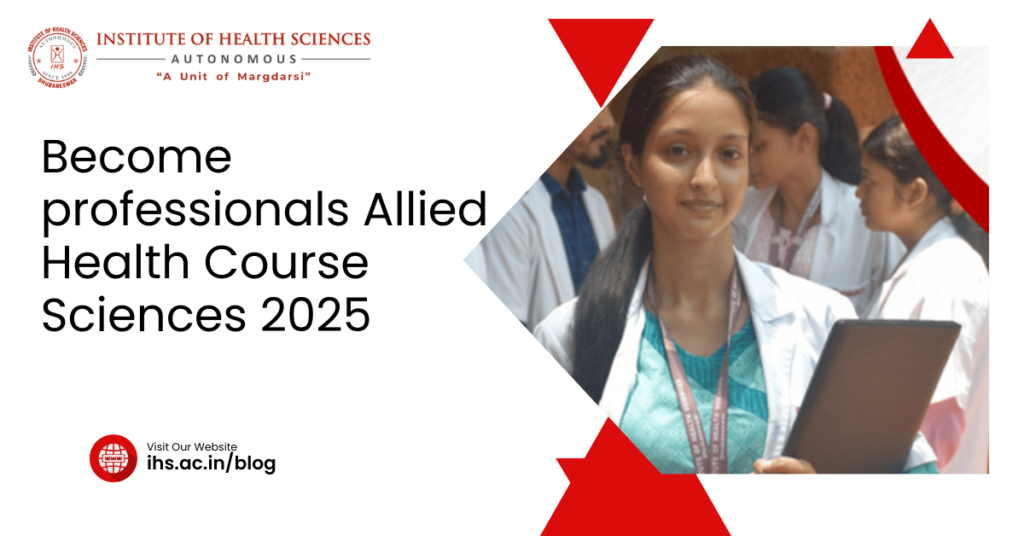Allied Health Sciences is a rapidly growing field in the healthcare industry.
It covers a broad range of health professions outside of traditional medicine and nursing disciplines.
If you’re passionate about healthcare but not interested in becoming a doctor or nurse, Allied Health Sciences 2025 is an excellent alternative.
The B.Sc. in Allied Health Sciences is designed to provide students with the technical knowledge and skills needed to work in various healthcare settings.
The program covers multiple specializations, including medical laboratory technology, radiology, and respiratory therapy.
Allied Health Sciences Highlights of the course:

- Duration: 4 years, depending on the institution.
- Specializations: Medical Laboratory Technology, Radiology, Respiratory Therapy, etc.
- Practical Training: Extensive hands-on training is part of the curriculum.
“Allied Health Sciences professionals play a critical role in the healthcare system by supporting diagnosis, treatment, and patient care.”
Eligibility Criteria for Allied Health Sciences
Students must meet certain eligibility requirements to enroll in the Allied Health Sciences 2025 course.
| Criteria | Requirement |
|---|---|
| Educational Qualification | 10+2 with Physics, Chemistry, Biology (PCB) |
| Minimum Marks Required | 50% or above |
| Entrance Exam | Some institutions may require entrance tests |
Note: The eligibility criteria may vary based on the institution you choose. Always check the specific requirements of the college or university you’re applying to.
Fee Structure for Allied Health Sciences 2025
The fees for a B.Sc. in Allied Health Sciences can vary depending on the institution and the facilities provided.
| Type of Institution | Average Annual Fees (INR) |
|---|---|
| Government Colleges | ₹30,000 – ₹60,000 |
| Private Colleges | ₹80,000 – ₹2,00,000 |
Pro Tip: Scholarships and financial aid options are available at many institutions, making education more affordable.
Why Choose Allied Health Sciences?
1. Growing Demand: The healthcare sector is expanding, creating more job opportunities for Allied Health Sciences graduates.
2. Diverse Career Paths: From medical technologists to therapists, there are various specializations available, providing students with a broad career scope.
3. Hands-On Learning: Most programs include internships and clinical practice, preparing students for real-world scenarios.
Key Takeaways
- Allied Health Sciences 2025 is a future-forward course with multiple career opportunities.
- The course offers specializations in key healthcare areas like radiology and respiratory therapy.
- Eligibility includes 10+2 with PCB, and fees range based on the type of institution.
“Allied health professionals are essential for a well-functioning healthcare system, offering specialized services in diagnostics and therapeutic care.”
Frequently Asked Questions (FAQ)
1. What are the job prospects after completing a B.Sc. in Allied Health Sciences?
Graduates can work in hospitals, diagnostic labs, and clinics as medical technologists, radiographers, and therapists, among other roles.
2. Are scholarships available for Allied Health Sciences courses?
Yes, many institutions offer scholarships based on merit or financial need.
3. Do I need to take an entrance exam to get admission?
Some institutions may require an entrance test, while others offer direct admission based on 12th-grade marks.
